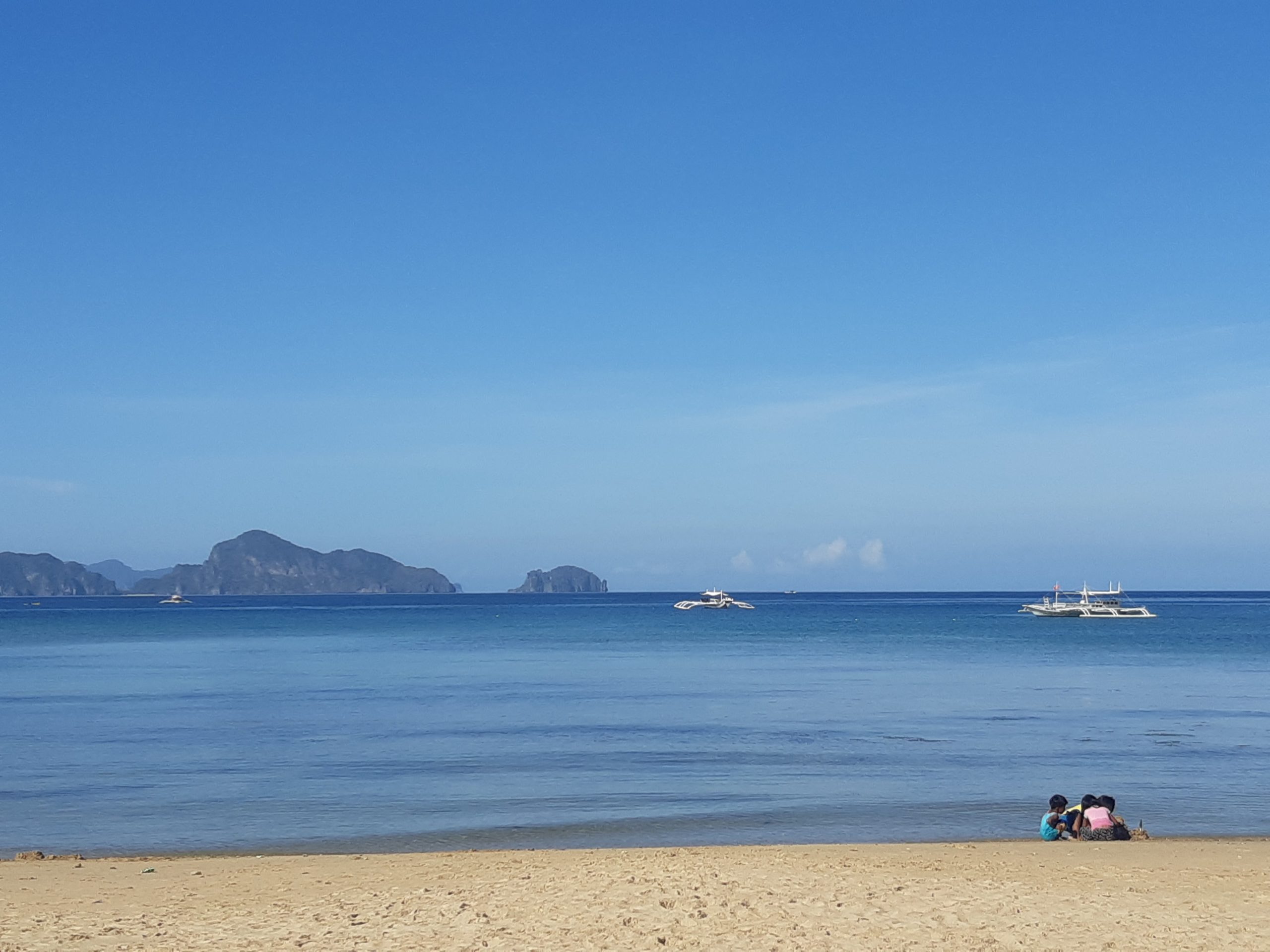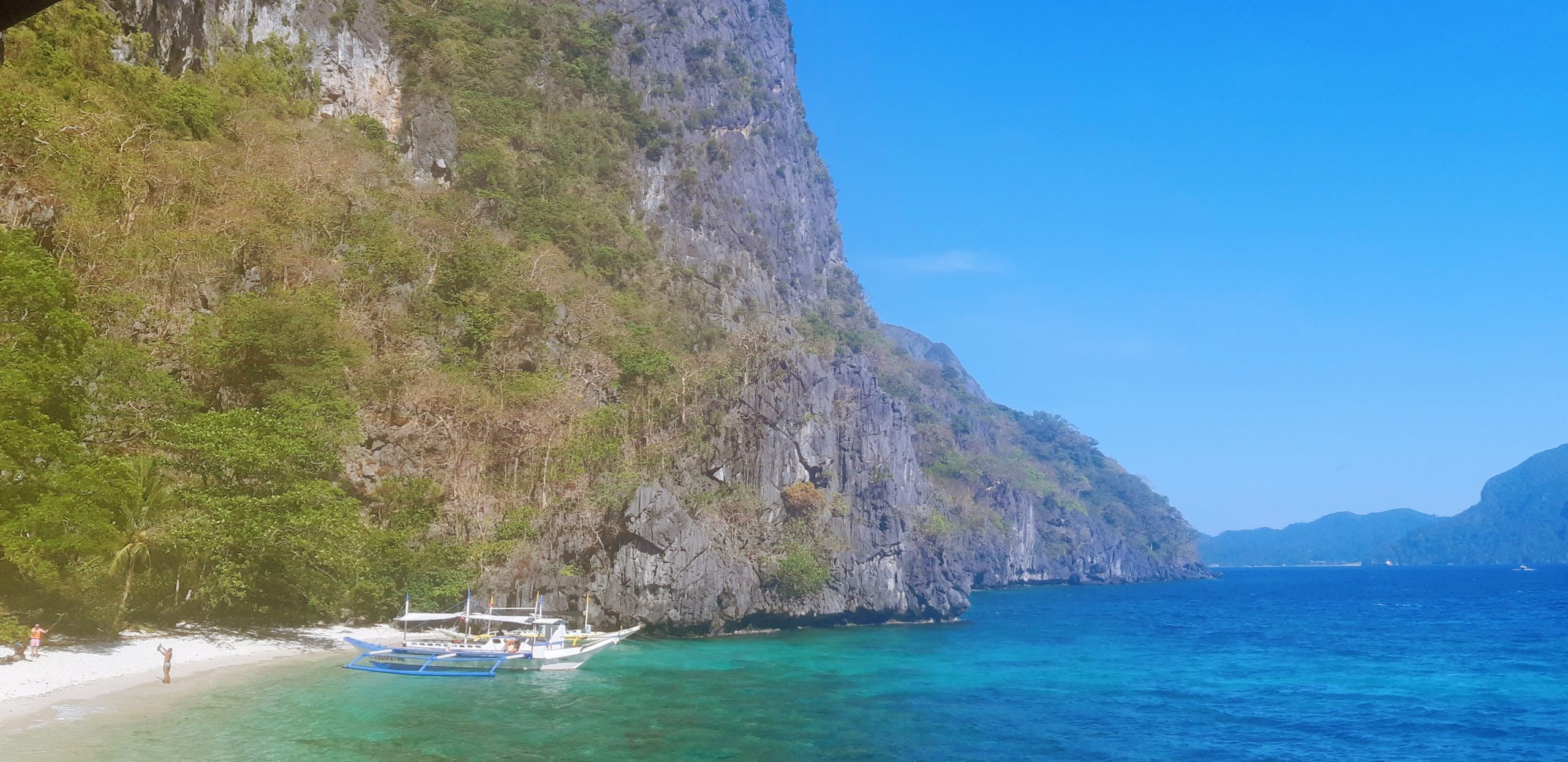
I first took a trip on a cruise when I was 15 years old. It was a gift from my parents. Typically in Mexican culture, parents throw a huge party一almost like a formal ball一for their daughter when she turns 15 called a Quineñera to welcome her into adulthood. It’s almost like a right of passage, similar to the U.S sweet sixteen elaborate celebrations or a Jewish Bar Mitzvah. However, instead of a big extravagant party in a rented salon with an over-the-top princess dress and 13-16-year-old “groomsmen” and “bridesmaids,” my parents, instead threw me a smaller-scale party with family and friends in our backyard. They hired a small caterer, ordered a medium-sized fancy cake, set up theme-styled decorations and centerpieces, and dressed me in a simple ruffled white knee-height dress laced with a black fabric across the waistline and pointy glossy black flats. In addition to the party, they paired their gift with a family cruise trip where I was able to invite one friend. A 15-year-old girls’ dream! I hated, and still very much dislike, being the center of attention so I did not want an extravagant party. Actually felt mortified at the thought of painfully convincing friends to commit and curating a dance for everyone to watch us perform. Even the thought of the father-daughter dance makes me cringe. Similarly, my parents aren’t very flashy people either so keeping it on a lower scale was best for all of us.
We’re humble bitches.
While living in China in 2020 and 2021, where certain freedoms were limited and the beach or getaway trips were more difficult to plan一given there was a pandemic and restrictions were at an all-time high, even for China一I just itched for a carefree, hassle-free, destination-type getaway. Something that took all the hustle and bustle of WeChat interpretations and extra restrictions for being foreign out of the question and where silence and easy bliss was available at my fingertips. Now as a 27-year-old, having traveled everywhere a 27-year-old could think of in the most non-lavish ways in order to save some mula just so that I could do it all over again very very soon, spending my hard-earned salary on a trip where I had to do absolutely nothing was the most appealing thing I could grasp my mind on.
But of course, even the easiest, most alluring things come with a price. And I’m not talking about money.
As you may know, I’m a self-prescribed activist. I, in a very flawed and self-damaging manner, tend to have a hopeful perspective on the shit that surrounds my life and the planet beyond my peripheral vision. However, through trial, error and plain depression, i’ve found that hopefulness isn’t bulletproof. If I dive too deep, too soon, to the less desirable details of reality then it’ll take a short while and a deep discussion to get me out of the emotionally overwhelming rut regarding the state of the world. The damaging by-products that occur as a result of our comfortable negligence and human greed can ignite deep sadness. *sighs* Still, I like to give people the benefit of the doubt and choose to see the good in the shit, the sliver of hope that we need to hang on to in order to see positive change in the world.

So, of course, my desire to escape into la-la land in the name of Cruise came into contact with new discoveries of just how unsustainable and economically, environmentally, and emotionally damaging to local communities cruises are, and welp, now I’m in a bind. Well, not so much a bind一i morally could not willingly cause harm to humans, animals, and the planet just for my immediate, short-lived, and blinded pleasure一it’s more of just a “damn” accompanied by a long and defeated sigh.
Yes, I secretly am itching for another trip on a cruise ship despite knowing the negative impacts it will have on others. I am human after all. Who else doesn’t struggle with wanting something they can’t have?
Hands, anyone?

What did I learn about the reality of cruise ships? ethical edition:
During the pilot program from RISE Travel Institute (now branded as the Flagship program) in the summer of 2021, I learned so much about the intricacies of the interconnections in travel. Such as the connections between my privilege to travel and the position and power it grants me in life (not just here at home but abroad as well) including the nuances of that power as I move about and change locations(not binary or linear at all), the connection between my actions when abroad and the impacts it will have on the local community human and nonhuman species. Such as choosing to eat locally rather than a foreign-owned restaurant or resort, opting for locally sourced tours by local companies where I know the profits will directly benefit the locals and not an outsourced or private foreign entity. And especially choosing the most ethical and cruelty-free animal tourism (if I do so choose to engage in local wildlife tourism). After some mishaps myself, while traveling around Asia, I understand the importance of thinking critically about my impact on others and who I choose to support with my tourism dollars. Who will suffer if I choose this company over that one, and who will benefit. Who will lose vs. who will win?
I read this piece by powerful travel writer Bani Amor about the ecosocial disasters that follow mismanaged and tourist-centered tourism and it completely shifted my perspective of tourism on the social, political, economical, and environmental level, especially on the power and privilege I hone and how that often can easily stomp on others respect if I’m not careful with the way I travel. However, there is much more than meets the eyes that go beyond my own life and needs when it comes to tourism. And more often than not, local needs, resources, and simply human or nonhuman respect are put on the sideline in order to create the most tourist-centric experience for the tourist. Now, I know most might think “why shouldn’t it be centered around the tourist, we are the ones spending our money at these destinations,” and while that is certainly true, tourism revenue is critical for communities that depended on the tourism industry, it’s not to dismiss the actions that happen behind “closed doors” to make our experience most comfortable. For example, resorts and mismanaged tourism consume excruciatingly high amounts of resources such as water, food, and energy, depleting local resources at rates where adaptations are nearly impossible to meet (hence, environmental droughts and climate disasters). So, while tourists bask in the pool or take a hot long shower at the spa, locals often struggle to meet their daily water needs.
Resorts not only consume resources at alarming levels but take away consumer profits from local businesses. For example, all-inclusive resorts keep money from leaving the resort while paying local employees a sad wage. In addition, 80% of money spent by tourists on all-inclusive package tours goes to every other big player such as hotels, airlines, and other international companies. Pulled from A Vacation is Not Activism Part III—On Tourism and Ecosocial Disasters by Bani Amor, “In a tourism-dependent, disaster-prone country like Thailand, 70 percent of all money spent by tourists leaves the country, and in the tourism-dependent, disaster-prone Caribbean, the figure is 80 percent. A UNEP study concluded that out of every $100 spent on a vacation tour by a tourist from a developed country, about $5 stays in the developing country’s economy, or, rather, that country’s tourism board or its politicians’ pockets. And I didn’t even touch upon the land that is taken from local communities in order to build infrastructure for tourism and all the political, unjust chaos.
We must always remember, if someone benefits from a certain situation, someone will almost always lose (doesn’t have to be the case, look into the coined term solutionary by Zoe Weil) however, this is the common case with tourism, since mass tourism as we know it today thrives off the very global inequalities that are perpetuated from colonialism and white supremacy frameworks that place local, indigenous and native populations as second class citizens to the white, heterosexual, westernized counterpart一even on their own land.
As cruise-bound tourists dock on a specific location, they typically get off and try to see the most they can with the limited time they have before the ship undocks (is that a word) and swims off to its next destination. During this short visit by tourists, local sites are swarmed with heavy foot traffic, which generates land degradation. The more people walk on a path, any path, the quicker it loses its pristine and unique value. Not only is this bad for tourists (over time it will lose its visual appeal) but bad for locals too as once beautifully cherished sites lose their beauty.
You can look up images of the horseshoe bend in Arizona, USA to see how foot traffic impacts nature.
Similarly, when tourists from cruise ships land and explore the local area, they tend to visit sites, not spend on local businesses as typical tourists would (restaurants, tours, cooking classes) nor would they interact with the local community and learn about the people from the land they are visiting, missing an opportune and rare moment to break stereotypes and build relationships, bridging gaps between the “us” and “them” dichotomy. In addition, they’ll consume natural resources such as drinking water and produce waste which overwhelms local sewage systems and increases the amount of local waste, a burden locals’ will need to deal with once tourists leave (think water bottles and snack wrappers). In any case, tourism leads to depletion of natural resources, pollution, and physical impacts with little to no economic benefit. This affects local businesses and the overall quality of life.
I stumbled onto a short piece from unavainabienspanish about cruise ships and how this type of tourism tends to erase rather than elevate communities. As well as the reality of the negative impacts cruise ships have on the local communities, including all inhabitants of that land (both humans and nonhuman animals and biodiversity), as a byproduct of the lost or mass consumed resources and their damaging effects to the environment (queue in global warming).
So, yes-I really wants a carefree vacation just like cruise ships offer. But, where there is a will there’s a way. And well, that way seems like putting just a little bit more effort into planning from my end and a lot of positive impacts along the way. This feels a lot more carefree than the former. And if I can be carefree AND sustainable, why would I opt for the former?

Author
Natalie Amezcua








0 Comments
Trackbacks/Pingbacks